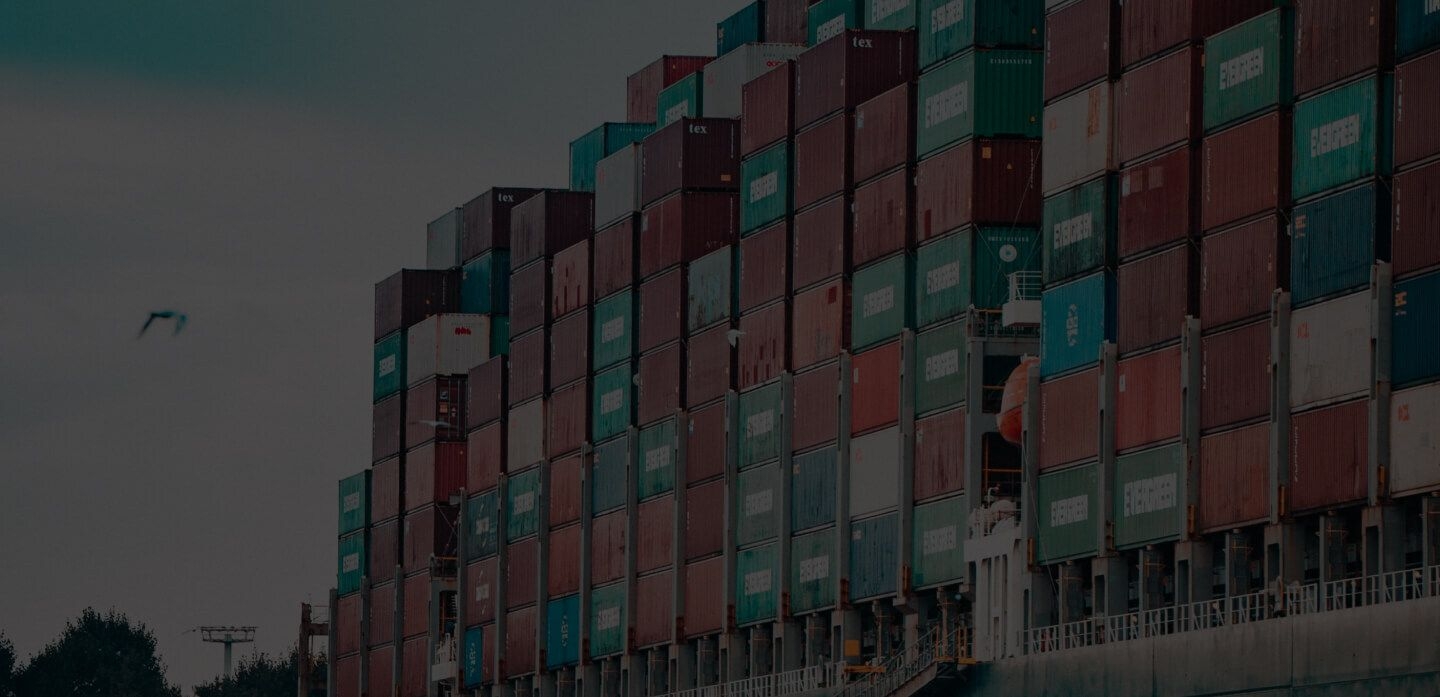
What is the difference between logistics and freight forwarding?



Especially among novice shippers, it’s common to hear the words logistics and freight forwarding used interchangeably. They both have something to do with moving goods from one place to another, which leads to confusion about their differences. These terms, however, have some key differences that set them apart. Knowing these differences can clarify their roles in the shipping process.
Logistics
Logistics is the process of planning, executing, and managing the movement and storage of goods within a supply chain. It involves certain stages, including procurement, warehousing, transportation, and delivery.
The logistics process focuses on optimizing the system and ensuring that goods are delivered to the right destination in a timely and cost-effective manner. This process involves key components like transportation management, inventory management, supply chain coordination, and technology integration.
Freight Forwarding
Freight forwarding is a more specialized service. It involves arranging the transportation of goods on behalf of a shipper. How it works is a shipper would hire a freight forwarder to act as an intermediary, helping them coordinate with transportation providers to handle and ship cargo.
As intermediaries between shippers and carriers, freight forwarders will take on roles like document handling, carrier selection, route optimization, customs clearance, and cargo insurance.
Logistics vs. Freight Forwarding: Key Differences
To make it easy to distinguish logistics and freight forwarding from each other, there are four key differences to note:
Scope
Logistics is the comprehensive supply chain management, while freight forwarding is only focused on arranging and coordinating a shipment.
Core Activities
Logistics may take on activities like warehousing, inventory, and delivery. On the contrary, freight forwarding only takes on activities related to a shipment, including documentation, carrier selection, and customs clearance.
Ownership of Assets
As bigger parts of a supply chain, logistics would own transportation fleets and warehouses. Freight forwarders usually do not own the same, only serving as intermediaries with a network of transportation providers.
Focus
Logistics refers to the process that encompasses broader, end-to-end supply chain optimization. Freight forwarding is more niche, focusing on shipment-specific coordination.
Can Logistics and Freight Forwarding Work Together?
While different, logistics and freight forwarding can sometimes overlap and complement each other.
Commonly, this happens when a freight forwarder handles the transportation of goods internationally. Once the goods arrive at their destination, a logistics provider can then take over for storage or local distribution and delivery.
A business may benefit from combining the services of a freight forwarder and a logistics provider for smoother operations, reduced cost, and better service to their end customers.
Which One is Right For Your Needs?
Knowing the differences between logistics and freight forwarding can help you better choose the service that your business needs.
If you require end-to-end supply chain management, including inventory control, storage and warehousing, and distribution, then logistics is ideal.
But if you need help shipping goods internationally, then freight forwarding is the service for you.
Related Articles


